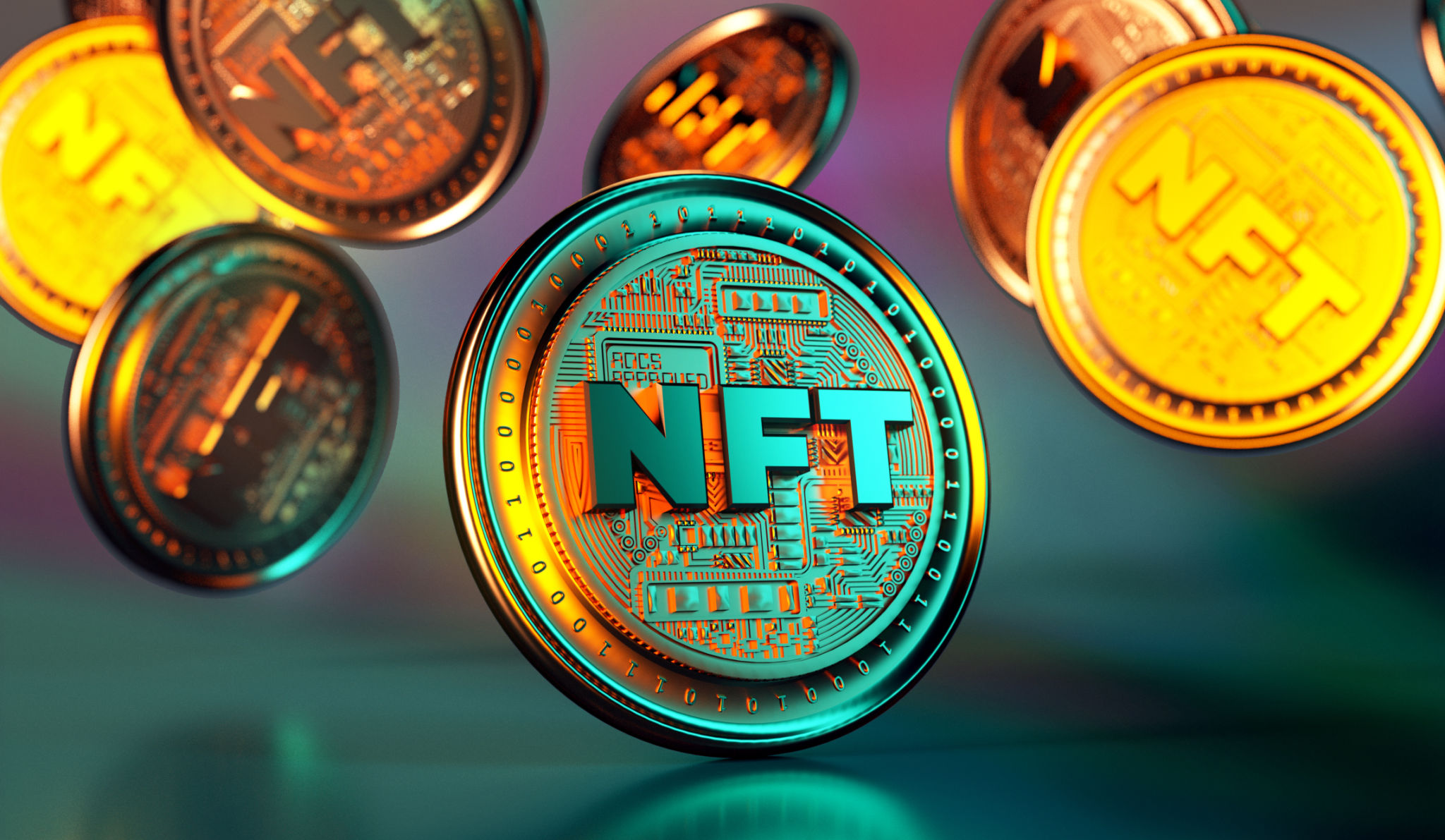How Tokenisation is Revolutionising Real Estate in Greater London
AF
Understanding Tokenisation in Real Estate
In recent years, the concept of tokenisation has been making waves across various industries, and real estate is no exception. Tokenisation refers to the process of converting ownership rights in an asset, like real estate, into a digital token on a blockchain. This innovation is paving the way for new investment opportunities and transforming how properties are bought, sold, and managed.
In the context of Greater London—a market known for its high property values and dynamic real estate sector—tokenisation is particularly relevant. With its ability to democratise access to property investment, tokenisation is poised to revolutionise how both local and international investors engage with the London real estate market.

The Benefits of Tokenisation
One of the most significant advantages of tokenising real estate is increased liquidity. Traditional property transactions in London can be cumbersome, involving lengthy processes and substantial investment. Tokenisation allows for fractional ownership, enabling investors to buy smaller shares of a property. This flexibility opens up the market to a broader range of investors who might not have the capital to purchase entire properties outright.
Additionally, tokenisation enhances transparency and security. Blockchain technology ensures that all transactions are recorded on an immutable ledger, reducing the risk of fraud and increasing trust among stakeholders. This transparency is particularly valuable in a market as competitive and fast-paced as Greater London's.

Impact on Property Developers and Investors
For property developers, tokenisation offers innovative financing options. By issuing tokens, developers can raise capital more efficiently and reach a global pool of investors. This can be especially beneficial in London, where development projects often require significant upfront investment.
Investors benefit from diversification opportunities. With tokenised real estate, they can easily spread their investments across multiple properties or regions, balancing their portfolios according to risk and return preferences. This diversification can be crucial in mitigating risks associated with market fluctuations.
Challenges and Considerations
While the potential of tokenisation in real estate is immense, there are challenges to consider. Regulatory frameworks around digital assets are still evolving, and navigating these can be complex for both developers and investors. Compliance with local laws and regulations in London will be crucial to ensuring the success of tokenised transactions.

Moreover, technological infrastructure must be robust to support this digital transformation. Ensuring secure and efficient platforms for token issuance and trading is essential for maintaining investor confidence.
The Future of Real Estate in Greater London
As technology continues to advance, tokenisation is set to become an integral part of the real estate landscape in Greater London. It holds the promise of making property investment more accessible, transparent, and efficient. For investors seeking opportunities in one of the world's most prestigious real estate markets, understanding and embracing this trend could be highly advantageous.
The ongoing evolution of tokenisation will likely lead to new business models and investment strategies. As stakeholders adapt to these changes, Greater London's real estate market may witness unprecedented levels of innovation and growth.
